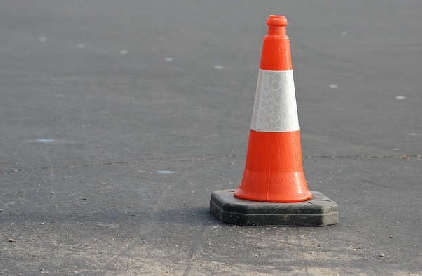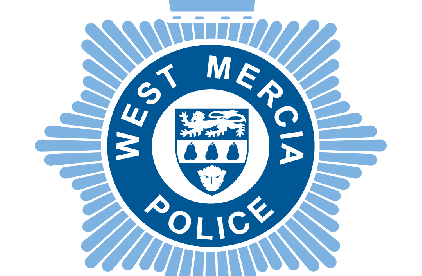
Dogs could be banned from huge swathes of parkland and public spaces in one part of Gwent.
As well as dog exclusion zones, which would ban people from taking dogs on to areas such as sports pitches, children’s play areas and some schools, it is also proposed dogs would have to be kept on a lead of no more than two metres in length in some other areas of Monmouthshire.
Anyone failing to obey the orders could be hit with a £100 on-the-spot fixed penalty fine – or risk a fine of up to £1,000 if the case is taken to court.
Monmouthshire County Council, which will hold a public consultation on the plans, will also ask for opinions on its proposals that a county-wide order is made requiring people to pick up their dog’s poo in any public place. At present the county only has such orders in designated places.
It is also planned to have a county-wide order that anyone out walking a dog has to take with them a bag for picking up its mess.
All the new rules form part of a draft Public Spaces Protection Order that was considered by the council’s place scrutiny committee on Thursday, May 25. It’s estimated 350 new signs – to make people aware of the rules – could be needed, at a cost of £30,000.
It was also revealed at the meeting that the council hasn’t issued any fixed penalty notices for dog fouling under its current regulations, in the past 12 months.
Independent member for Wyesham, near Monmouth, Emma Bryn said she was concerned it is planned to ban dogs from the town’s Chippenham Mead fields.
She asked if the ban applies to marked sports pitches, would it be seasonal, and would owners be able to take their dogs when the fields holds events such as a fete or carnival. Osbaston Conservative councillor Jane Lucas asked if fencing sports pitches could be considered as an alternative or if an exercise area for dogs could be created.
Caldicot Cross Labour member Jackie Strong said she had concerns about how exclusions could apply to footpaths and the impact of a ban on dogs from sports pitches.
She asked: “How it will it affect familes who want to go and watch young people play football with their pet on a lead? Quite a lot of dog owners go and watch the cricket on a weekend while exercising their dogs – would they be able to walk their dog and watch the cricket?”
Principle environmental health officer Huw Owen said the issues raised would be considered by the consultation, which will include town and community councils and added when it was first proposed to tighten restrictions, in 2020, the council received between 1,300 and 1,400 responses.
Dave Jones, the council’s head of public protection, said “common sense” would also need to be applied and highlighted events such as a steam rally, due to take place this weekend at Abergavenny’s Bailey Park, where a dog ban is also proposed for its play area, are often held.
It was confirmed the exclusion areas wouldn’t prevent people from watching sport from the touchline with their dog on a lead.
Cllr Strong replied: “I was horrified to see such a big blanket area and it’s nice to know I’m not going to get a huge fine for taking the dog to watch the cricket on Sunday afternoon.”
Committee chairwoman, Cllr Lisa Dymock, said issues that would need to be considered included any “negative impacts from exclusion areas”, how the council could encourage “better dog ownership” and issues of “dangerous dogs” as well as signage used to inform people of any restrictions.
The Portskewett Conservative said: “We are a county of dog lovers here in Monmouthshire which is something to be proud of. Unfortunately there’s always a minority who ruin it for the majority of us.
“I’m really looking forward to the results of the consultation coming back, I think we’ll have some split decisions with the public’s opinion.”
A consultation is likely to run from mid-June to mid-August and will seek opinions from the police, organisations such as the Dogs Trust and Keep Wales Tidy, landowners such as Natural Resources Wales and the Bannau Brycheiniog National Park that stretches into Monmouthshire, as well as town and community councils and the general public.
Results of the consultation will be considered by the committee, likely in the autumn, before a decision on putting the orders in place is taken by the council’s cabinet member.
There are exemptions proposed for disabled people and those who use assistance dogs.


 Plans for re-homing centre for retired dolphins
Plans for re-homing centre for retired dolphins
 Revealed: The main roads in Herefordshire prioritised for repairs
Revealed: The main roads in Herefordshire prioritised for repairs
 Appeal to find missing Monmouthshire man
Appeal to find missing Monmouthshire man
 Man arrested in connection with stabbing incident
Man arrested in connection with stabbing incident
 New Food and Drink group launched at online event
New Food and Drink group launched at online event
